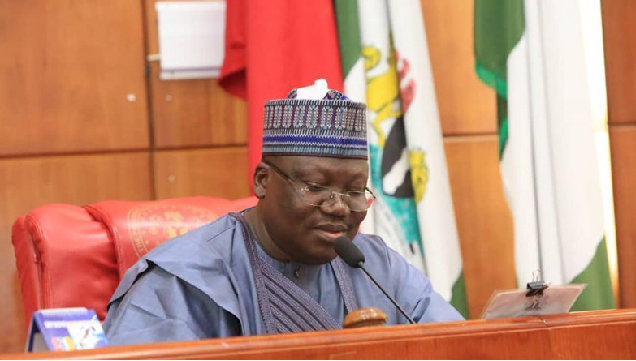The Petroleum Industry Bill (PIB) has passed first reading at the senate.
Afterward, the short title of the bill was read by Ibrahim El-Ladan, the senate clerk.
The development is coming after President Muhammadu Buhari sent the bill to the national assembly for consideration and passage.
The proposed law will in turn establish the Nigerian National Petroleum Company Limited.
Also, new agencies such as the Nigerian Upstream Regulatory Commission and the Downstream Petroleum Regulatory Authority will be created after the bill is passed and assented to by the president.
“The minister shall be at the incorporation of NNPC Limited, consult with the Minister of Finance to determine the number and nominal value of the shares to be allotted which shall form the initial paid-up share capital of the NNPC Limited and the government shall subscribe and pay cash for the shares.”
Steps to reform the country’s oil sector began in 1999, but successive administrations failed to achieve the feat.
Different sessions of the national assembly since 2007 had difficulty passing the bill for varying reasons.
In January, Senate President Ahmad Lawan said the national assembly was working towards passing the PIB before the end of the year.
Source: The Cable












